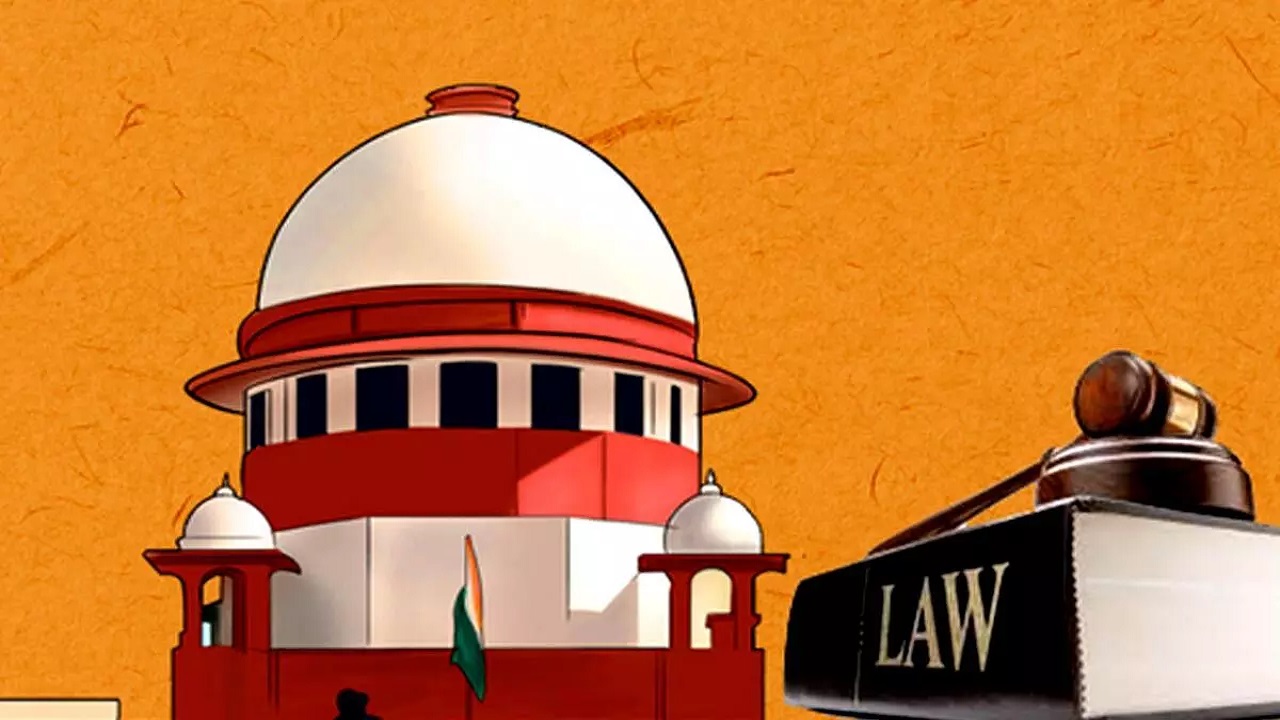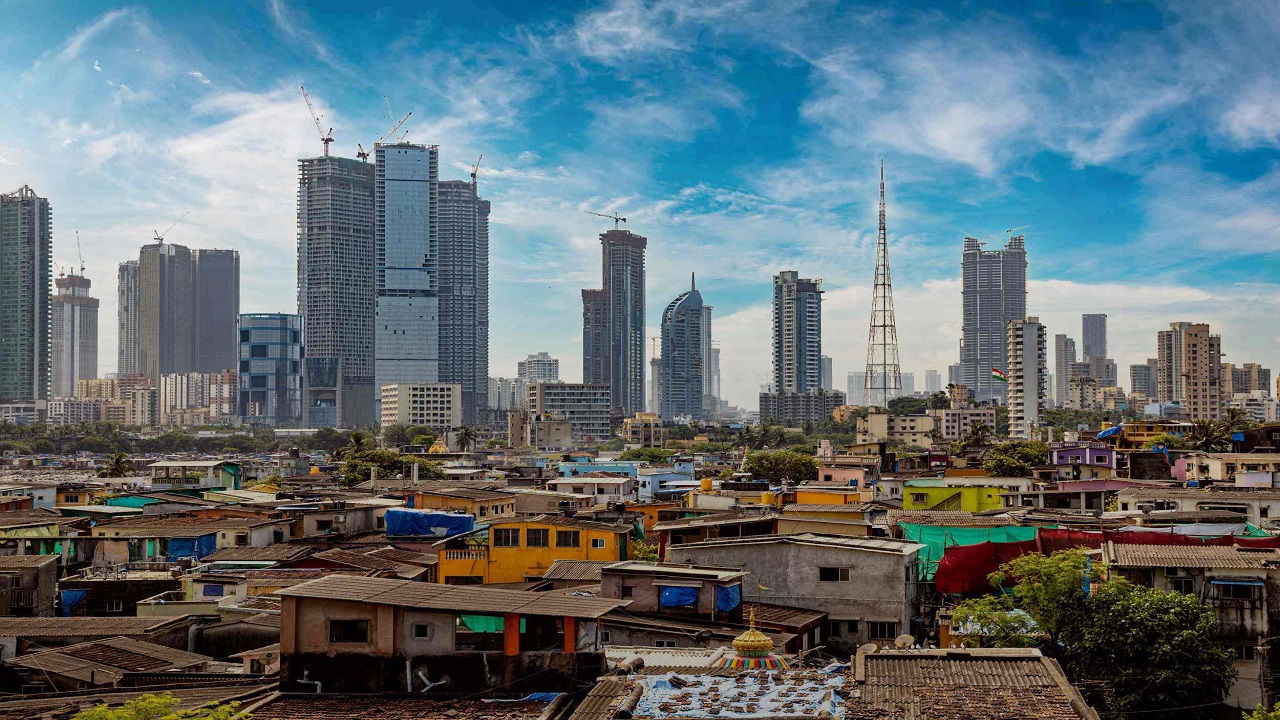Judicial Transparency : Ensuring Accountability in the Higher Judiciary
Context
The Supreme Court of India, in a recent full court meeting, has resolved that its judges will soon begin publicly disclosing their assets and liabilities. This development is seen as a move to enhance judicial transparency and accountability, aligning with broader standards applicable to other public officials.
Judicial Asset Disclosure: Past to Present
Supreme Court Judges
-
In 1997, a resolution was adopted requiring judges of the SC to disclose assets only to the Chief Justice of India (CJI).
-
This includes real estate and financial investments in the name of the judge, spouse, or dependents.
-
In 2009, the full bench resolved to make asset declarations voluntarily available on the SC website.
-
In 2019, the SC held that judges' asset declarations are not ‘personal information’, opening scope for wider public access.
-
In the latest resolution (2024), the SC has agreed to publicly disclose asset declarations, marking a shift from internal to external transparency.
High Court Judges
-
India has around 770 High Court judges, but only 97 judges (13%) have made their assets public.
-
Many High Courts have resisted public disclosure, citing concerns over independence and privacy.
-
In 2012, the Uttarakhand High Court strongly objected to bringing judicial asset disclosure under the Right to Information Act.
-
-
In 2023, a Parliamentary Committee on Law and Justice recommended legislation to mandate asset disclosures by SC and HC judges.
Challenges in Implementation
-
Incomplete disclosures – The SC website lists only 28 out of 33 judges as having submitted declarations, with no public access to actual details.
-
Lack of archival access – Asset disclosures of former judges have been removed from the website.
-
No legal binding – Disclosures are still made voluntarily, without any mandatory legal framework.
-
Institutional resistance – Some courts oppose making disclosures subject to RTI or public scrutiny.
Asset Disclosure by Other Public Officials
Public Servants
-
Must annually declare assets to cadre-controlling authorities under service rules.
-
Information may be accessed under the RTI Act, 2005.
State Bureaucrats
-
States like Gujarat, Kerala, and Madhya Pradesh require asset disclosure from bureaucrats.
Ministers
-
Since UPA-II (2009–2014), Union Ministers (including PM) submit asset declarations to the PMO.
-
Several state governments follow this practice.
MPs and MLAs
-
Lok Sabha MPs declare assets to the Speaker; Rajya Sabha MPs to the Chairperson.
-
Declarations are available through RTI or published online.
Election Candidates
-
As per a 2002 Supreme Court ruling, candidates must disclose:
-
Assets and liabilities
-
Criminal cases
-
Educational background
-
-
This is a mandatory and public process at the time of filing nominations.
Conclusion
Judicial transparency is essential in a democracy. The Supreme Court’s move to publicly disclose judges’ assets is a significant step toward building public trust, aligning the judiciary with the standards set for other public institutions. For lasting impact, it is essential to:
-
Enact uniform legislation for both SC and HC judges.
-
Ensure regular, comprehensive, and accessible disclosures.
-
Strengthen institutional accountability without compromising judicial independence.


.jpg)

Comments (0)